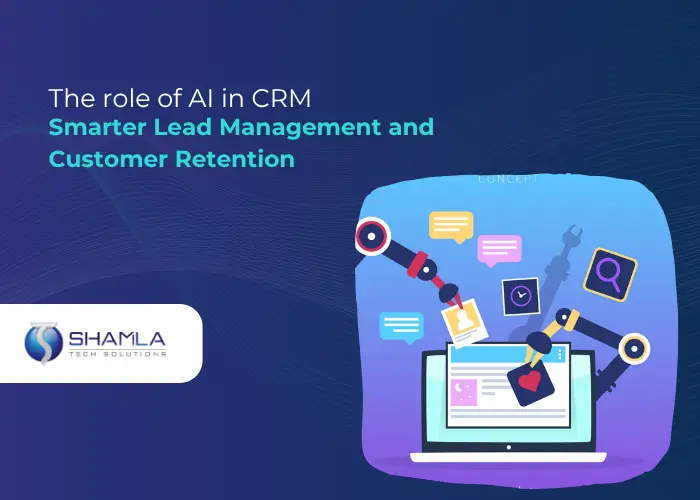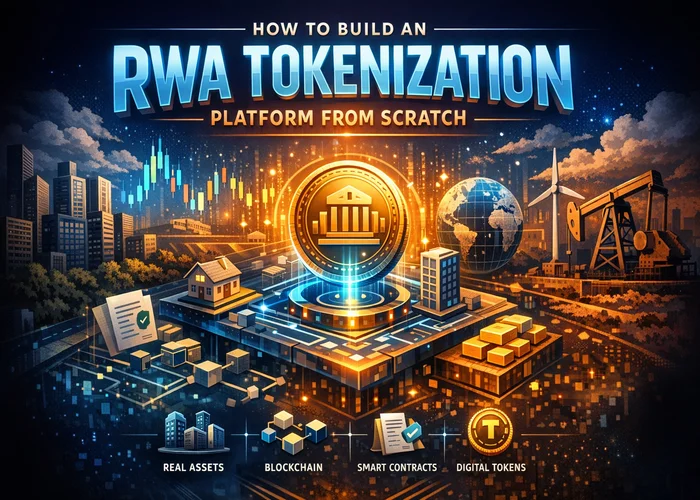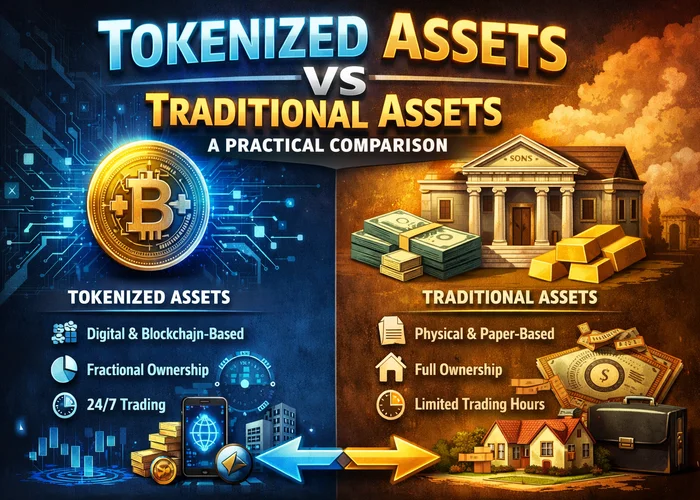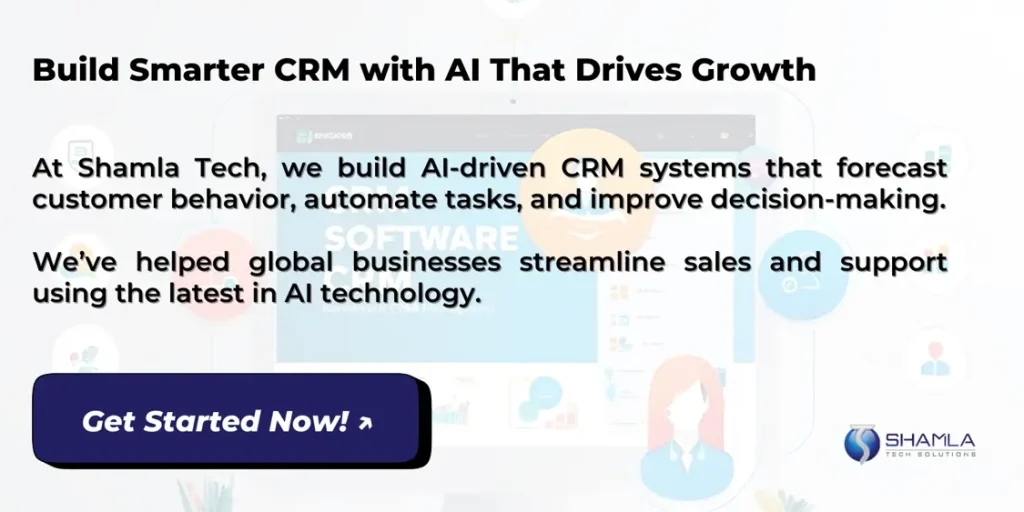
What Is AI in CRM?
AI in CRM means embedding machine-learning models and data-analysis tools into a CRM platform to boost its core functions. Instead of only storing names, emails, and call notes, an artificial intelligence CRM signals which prospects show buying signals, flags service cases that need urgent attention, and recommends next-best actions.
Modern CRMs use natural-language processing (NLP) to scan emails, chat logs, and social posts. They apply clustering algorithms to group similar customers by behavior, purchase pattern, or satisfaction level. They run predictive-scoring models that assign each lead a conversion score, so sales reps know who to call first. They also trigger automated workflows: for example, if a high-value lead visits a pricing page twice, the system can automatically send a personalized offer.
These AI modules plug into existing pipelines via APIs and work alongside standard CRM features like contact management, deal tracking, and reporting. The result is a unified system that not only records data but also turns it into clear recommendations, driving smarter, faster decisions without extra manual work.
How AI Enhances Lead Management?
An AI powered CRM supercharges lead capture and qualification:
- Predictive Lead Scoring
- Machine-learning models analyze hundreds of touchpoints, page views, email clicks, form fills, social engagement, to score each prospect by conversion probability.
- Scores adjust in real time as new data flows in, so reps always tackle the hottest leads first.
- Automated Follow-Ups
- Workflow engines trigger timed emails or SMS messages based on lead behavior. For example, if a prospect downloads a case study, the system sends a relevant whitepaper link automatically.
- This removes manual scheduling and ensures no lead slips through the cracks.
- Personalized Outreach
- An AI driven CRM uses clustering and sentiment analysis to segment leads by industry, company size, or past feedback.
- Reps receive template suggestions tailored to each segment, boosting reply rates and saving drafting time.
- Resource Allocation
- By forecasting revenue potential per lead, the system guides managers on how to deploy sales and marketing budgets optimally.
- Teams can reassign low-value leads to lighter-touch nurture tracks and focus high-effort outreach on top prospects.
- Continuous Learning
- As closed deals and lost opportunities feed back into the model, it refines its predictions.
- This feedback loop steadily increases accuracy, making the CRM smarter with every interaction.
With AI in CRM, businesses cut response times, raise contact rates, and boost conversion percentages, all with fewer manual steps.
AI-Driven Customer Retention Strategies
An AI driven CRM can help you retain clients by:
- Churn Prediction
- By tracking usage drops, support ticket spikes, or negative survey replies, AI flags accounts at risk of canceling.
- Automated alerts prompt account managers to reach out before issues escalate.
- Personalized Support
- Integrated NLP tools analyze incoming support requests and suggest the best knowledge-based articles or responses.
- Chatbots handle routine questions instantly, handing complex cases to agents with full context.
- Sentiment Analysis
- AI scans customer emails, chats, and social media mentions for positive or negative tone.
- Negative signals will help to trigger priority escalations which will input positive feedback feeds and also upsell workflows.
- Dynamic Content Delivery
- Based on usage patterns and preferences, the CRM recommends helpful resources, training videos, or product updates.
- Timely, relevant content keeps customers engaged and aware of features that drive value.
- Loyalty and Upsell Recommendations
- Machine-learning models identify cross-sell and upsell opportunities by matching customer profiles with product-adoption patterns.
- Automated campaigns reach out with offers that fit each customer’s use case.
By applying these AI-powered tactics within a CRM, companies preempt problems, deliver tailored experiences, and steadily raise satisfaction scores, ensuring more clients stay longer.
Benefits of AI Integration in CRM
Integrating AI powered CRM modules can offer a lot of benefits:
- Higher Efficiency
- Automation of routine tasks, data entry, follow-ups, ticket routing, frees teams to focus on strategy and relationship building.
- Improved Accuracy
- Predictive models reduce human bias in lead prioritization and customer segmentation.
- Real-time score updates mean decisions rely on the latest data, not outdated spreadsheets.
- Better Decision-Making
- Dashboards display actionable insights: forecast revisions, churn risk heat maps, and campaign performance metrics.
- Managers can drill down into why a segment underperformed or why a lead stalled.
- Scalable Growth
- As transaction volume climbs, AI handles increasing data streams without proportional headcount growth.
- New regions or product lines plug into the same intelligent pipelines.
- Enhanced Customer Experience
- Faster, more relevant responses drive satisfaction.
- Personalized journeys, from welcome programs to renewal reminders, build trust and loyalty.
- Cost Savings
- Fewer missed follow-ups and cancellations translate into direct revenue retention.
- Reduced manual labor lowers operating expenses.
An artificial intelligence CRM transforms raw customer data into guided actions, delivering measurable ROI in lead conversion, upsell rates, and retention—making it a must-have for modern sales and service teams.
Real-World Examples of AI in CRM
Salesforce Einstein
- Offers built-in AI features like lead scoring, opportunity insights, and automated case routing.
- Clients report 25% faster deal cycles and 30% higher close rates after activating Einstein Lead Scoring.
HubSpot CRM
- Includes a predictive lead-scoring add-on that uses logistic-regression models on email engagement and website visits.
- Businesses using it see a 20% lift in sales-qualified leads.
Zoho CRM
- Delivers Zia, an AI assistant that suggests email response drafts, predicts best send times, and spots anomalies in sales pipelines.
- Case studies show a 15% reduction in support backlog and a 12% bump in customer satisfaction scores.
Microsoft Dynamics 365
- Uses AI Builder to design tailored models that identify customers likely to leave and suggest products they’re most likely to buy.
- A B2B software provider cut churn by 18% in six months by proactively addressing at-risk accounts flagged by Dynamics AI.
These AI in CRM deployments share a common thread: they turn vast customer data into precise, automated actions. Organizations gain faster insights, sharper targeting, and the ability to scale personalized service, directly translating into revenue growth and higher retention.
Challenges and Considerations
While powerful, an artificial intelligence CRM brings hurdles:
- Data Privacy and Security
- Models need clean, consented customer data. Full adherence to GDPR, CCPA, and similar data privacy laws is essential.
- Secure storage, encryption, and access controls must cover all AI data pipelines.
- Implementation Cost and Expertise
- Building or customizing AI models requires skilled data scientists and developers.
- Upfront investment in licensing, infrastructure, and training can be significant.
- Integration Complexity
- Legacy systems may lack APIs or standardized data formats, slowing AI rollout.
- Cross-department alignment, sales, marketing, support – must happen to share data and workflows.
- Avoiding Over-Automation
- Too much automation can feel impersonal.
- Businesses must strike a balance: let AI handle routine tasks, but keep humans in the loop for relationship-building and high-value interactions.
By planning for these risks, securing data, budgeting for skills, and maintaining a human touch – organizations can unlock the full potential of AI in CRM platforms.
Future of AI in CRM
Companies will use generative AI to create personalized messages, summaries, and recommendations automatically. Voice recognition will let reps log actions, search records, and draft emails hands-free. Proactive service bots will monitor accounts, spot issues, and open support tickets before customers complain. These tools will unify under AI in CRM, offering smarter alerts and guided workflows without manual triggers. Teams will react faster to customer needs using automated guidance.
Predictive AI models spot data patterns and forecast customer actions before they occur. Alerts prompt sales reps with upsell chances when usage spikes or send retention offers when engagement dips. Autonomous workflows handle tasks like sending renewal reminders and updating records without human input. By blending prediction with action, CRM shifts from a passive tool into a proactive partner that guides teams to focus resources where they matter most.
Soon, AI-driven CRMs will integrate with billing, inventory, and helpdesk systems to give a full view of each customer. Generative AI will draft contracts, reports, and project plans automatically. Voice interfaces will let staff update records and fetch insights by speaking. Proactive bots will trigger cross-team workflows that connect sales, support, and finance. These advances will make CRM systems more predictive, autonomous, and central to every customer interaction.
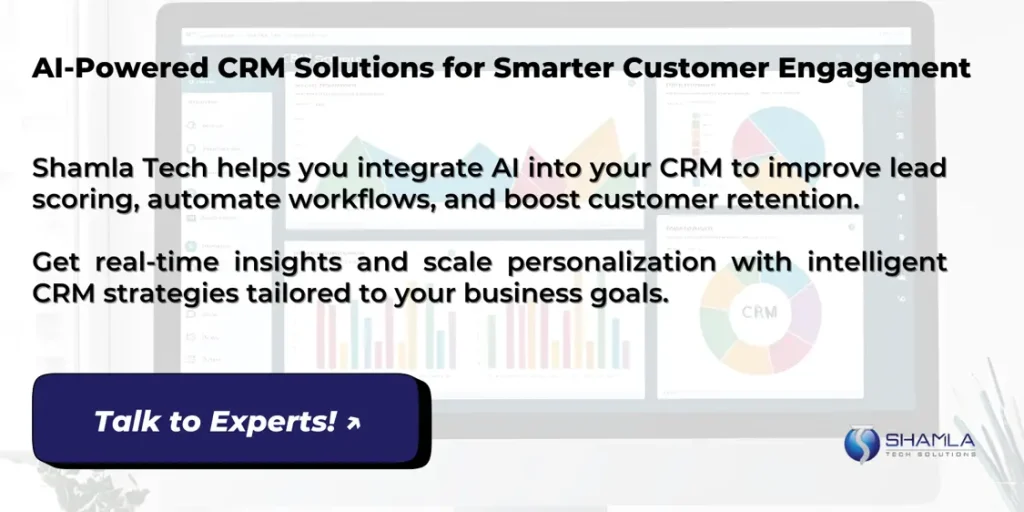
Conclusion
AI in CRM is essential for companies that want to outpace competitors in lead management and retention. By using AI in CRM tools to score leads, predict churn, and personalize outreach, teams work smarter, not harder. These systems deliver faster insights, better service, and measurable cost savings.
Shamla Tech is an AI development company that offers these services, and we have helped clients around the world implement AI-driven CRM solutions. Take the next step: evaluate your CRM’s AI readiness, partner with experts like Shamla Tech, and start turning your customer data into real business results.

